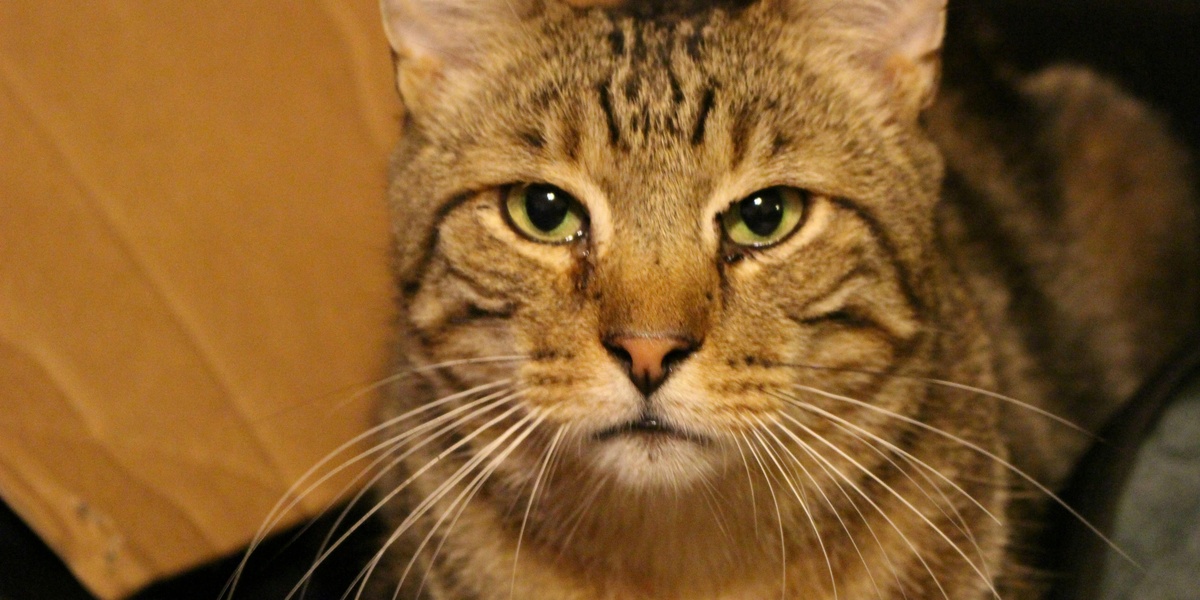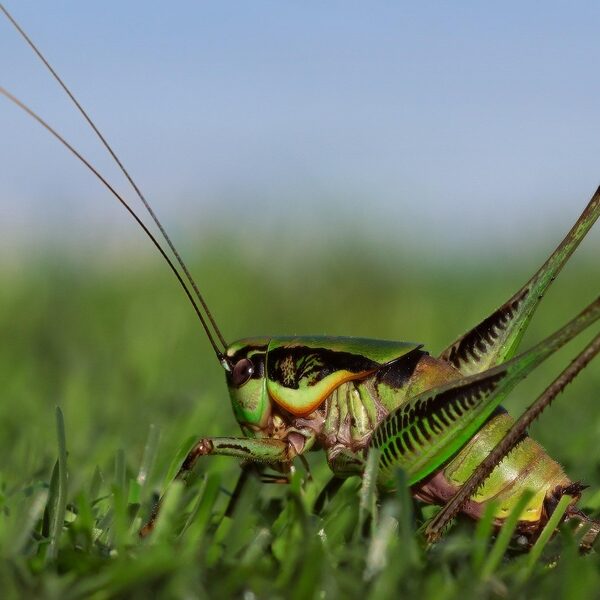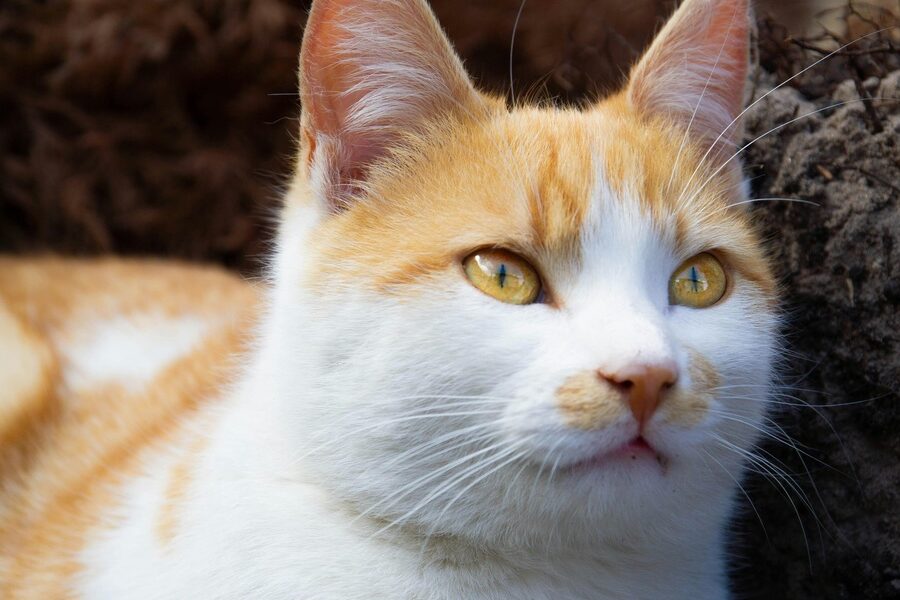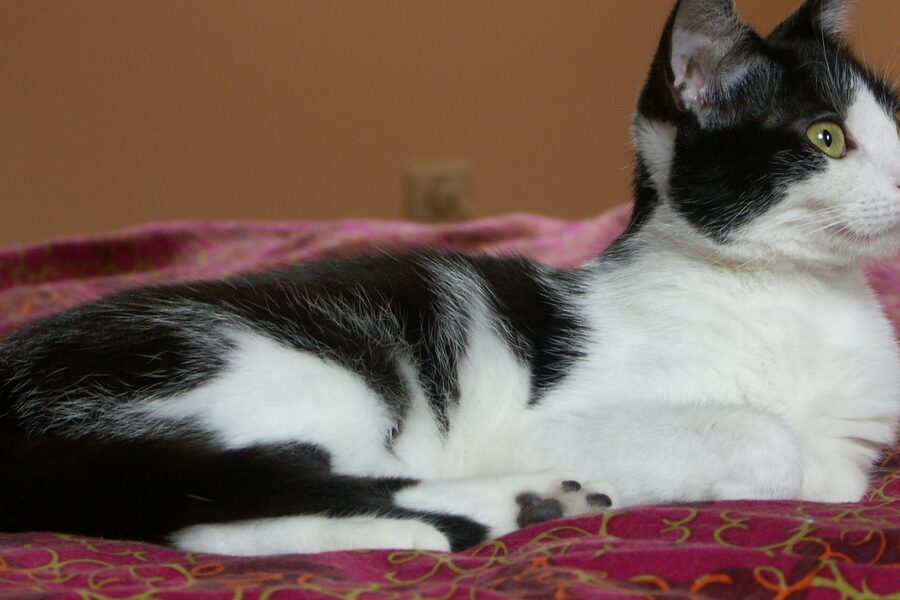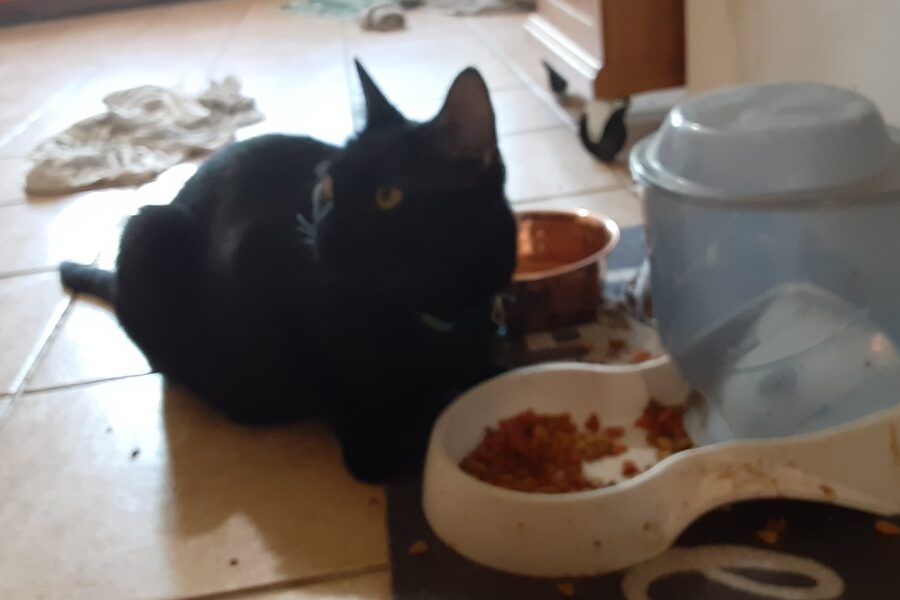Top 10 Cat Breeds for Seniors
Nearly half of U.S. households report owning a cat, and in many quiet homes an older adult and a cat provide steady company to one another — a warm lap on chilly mornings, a soft purr after a phone call, and a gentle reason to keep a daily routine.
Choosing the right cat involves more than picking a pretty coat. Mobility, grooming ability, apartment or house size, allergy concerns, and predictable veterinary needs all affect whether a cat will be a joy rather than an added burden.
This guide lists ten breeds that often match seniors’ needs, explaining lifespan ranges, average weights, grooming time, and straightforward home adaptations like low-sided litter boxes, ramps, and automatic feeders. Recommendations reference trusted sources (AAFP, ASPCA, Cornell Feline Health Center) where health guidance is noted, and include concrete product suggestions so a new owner can plan ahead.
Breeds here are grouped by three helpful categories — low-maintenance, affectionate lap companions, and low-shedding/allergy-friendly options — and each entry offers real-world tips for making cat care easier and safer for older adults.
Low-maintenance and easy-care breeds
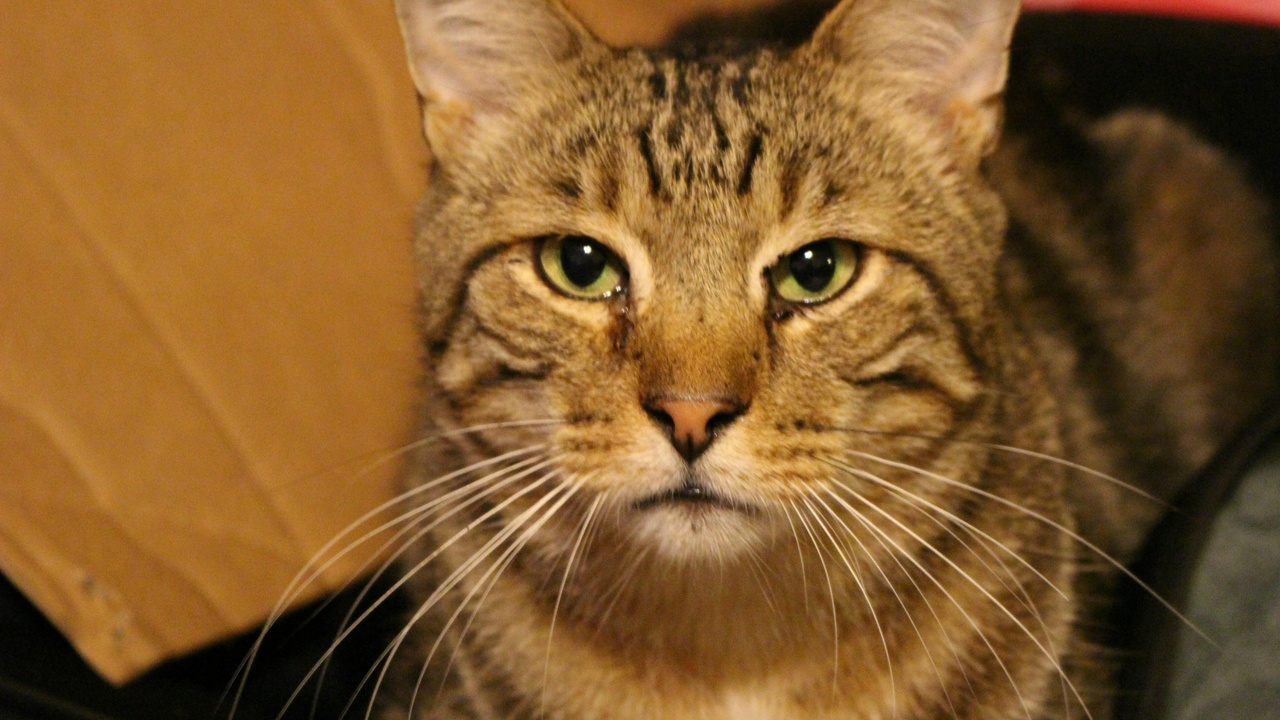
For many seniors, low grooming needs, a moderate activity level, and generally good health make daily care manageable. Look at three quick metrics when evaluating a cat: average lifespan (years), adult weight (lbs), and weekly grooming time (minutes).
Also consider adaptations such as low-sided litter boxes for arthritic joints, soft ramps to reach favorite chairs, and automatic feeders for steady meal or medication times. These changes can make a big difference in day-to-day independence and comfort (AAFP, ASPCA).
When thinking about cat breeds for seniors, prioritize steady temperaments and breeds that tolerate short vet visits and alone time without stress.
1. British Shorthair — Calm, sturdy, low-maintenance
British Shorthairs are known for their calm, even-tempered personalities and minimal grooming needs — a reassuring match for owners who prefer a steady companion.
Average weight: 9–18 lbs. Lifespan: 12–17 years. Grooming: about 10–15 minutes per week with a medium-soft slicker brush to remove loose hair and keep the coat tidy.
Health-wise they’re generally robust but tend to gain weight if under-exercised, so monitor food portions and offer short, gentle play sessions. The Cornell Feline Health Center and AAFP recommend routine weight checks and annual exams.
Practical tip: use a medium-soft slicker brush and a raised feeding station to reduce neck strain. A low-entry litter tray helps cats with any early joint stiffness.
2. American Shorthair — Adaptable, healthy, easy to handle
American Shorthairs are adaptable, even-tempered, and commonly found in shelters, which makes them accessible and budget-friendly for many seniors.
Average weight: 8–15 lbs. Lifespan: frequently 15+ years in many lines. Adoption fees in rescues often range from $50–$150 depending on location and included veterinary care.
Temperament is steady rather than demanding; moderate activity requirements mean brief daily play is sufficient. Minimal grooming — weekly brushing — keeps the coat in good shape.
Suggested items: a puzzle feeder to encourage light activity, and regular dental checks plus an annual vet exam (AAFP guidance supports routine dental and wellness care for aging cats).
3. Russian Blue — Quiet, low-allergy shedding, gentle
Russian Blues are reserved with visitors but affectionate with known people, and their short, dense coat sheds less visibly than some double-coated breeds.
Average weight: 7–12 lbs. Reported lifespan: 15–20 years in many pedigreed lines. Grooming: about 5–10 minutes weekly with a soft rubber grooming mitt keeps shedding manageable.
They’re usually low-vocalization and tolerant of gentle handling, which suits seniors who want a calm roommate that doesn’t demand constant attention.
Home tips: use a lightweight vacuum or lint roller and place a washable blanket on favorite furniture to catch the occasional hair. Monitor weight and check ups per ASPCA and Cornell guidance.
Affectionate, lap-oriented companion breeds
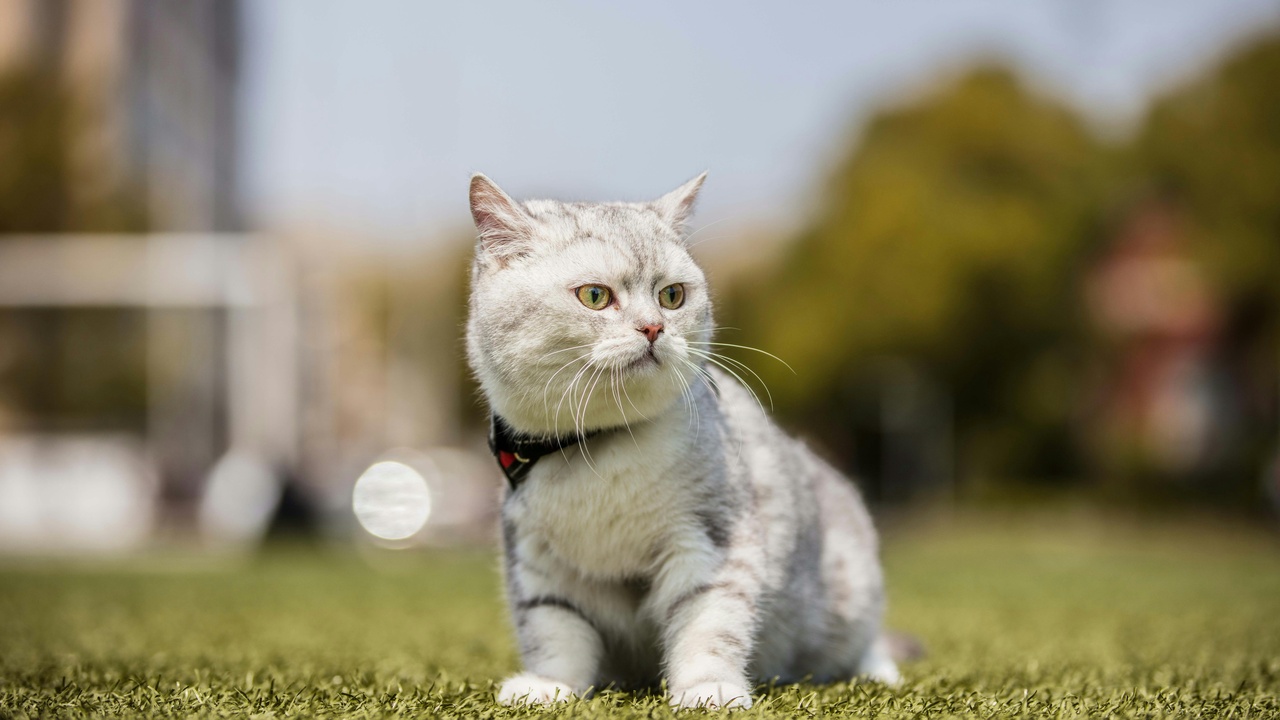
Lap-oriented cats can reduce loneliness, encourage predictable routines, and provide soothing tactile contact. When selecting one, check how tolerant the breed is of handling and whether its energy level matches the owner’s.
Smaller breeds or those with gentler weights can be easier to lift for vet visits; consider gradual introductions and short daily lap sessions to build trust.
For seniors who like touch and company, a devoted lap cat can be a steady emotional support without requiring heavy grooming or high-activity play.
4. Ragdoll — Large, gentle, famously docile
Ragdolls are famous for going limp in a person’s arms and for their calm demeanor — perfect for long, restful lap sessions.
Average weight: 10–20 lbs (males typically larger). Lifespan: 12–17 years. Grooming: weekly brushing prevents tangles despite a semi-long coat.
Because of their size, ramps or low steps to beds and sofas help both cat and owner. Vets recommend cardiac screening for HCM in breeding lines, so ask about health checks when adopting (AAFP/Cornell).
Products: a low ramp for chairs and a wide, shallow cat bed make it easier for a heavier cat to climb up and settle in without strain.
5. Burmese — People-focused, playful but calm
Burmese cats are highly social without being frantic; they learn routines quickly, which helps with consistent feeding and medication schedules.
Average weight: 6–12 lbs. Lifespan: often 12–16 years. Grooming: short coat, minimal brushing required.
They may follow owners around, offering gentle activity and companionship. Keep an eye on dental health and schedule regular vet checkups as recommended by AAFP.
Try a timed automatic feeder for consistent meal times and brief interactive wand play sessions to keep the cat mentally engaged without tiring the owner.
6. Birman — Gentle, people-oriented, medium-energy
Birmans are affectionate without being clingy; they enjoy company and adapt well to a calm home life.
Average weight: 6–12 lbs. Lifespan: commonly 12–16 years. Grooming: moderate; brushing several times per week prevents mats.
Their moderate energy level is a good match for seniors who like occasional play but also value a quiet lap companion.
Recommended kit: a medium-pin brush for twice-weekly grooming and a soft play mat for short, harmless exercise sessions.
7. Scottish Fold — Calm, devoted, quiet presence
Scottish Folds bond closely with a primary caregiver and are often content with short cuddle sessions and predictable routines.
Average weight: 6–13 lbs. Lifespan: 11–15 years. Temperament: mellow and quiet.
Caveat: the ear-fold gene can be linked to joint problems in some lines; seek responsible breeders or consider straight-eared Scottish breeds and consult your vet about orthopedic risks (AAFP/Cornell advice).
If a vet recommends it, use joint-support diets and gentle daily lap sessions to reinforce the bond without stressing the cat’s joints.
Low-shedding and allergy-friendly options
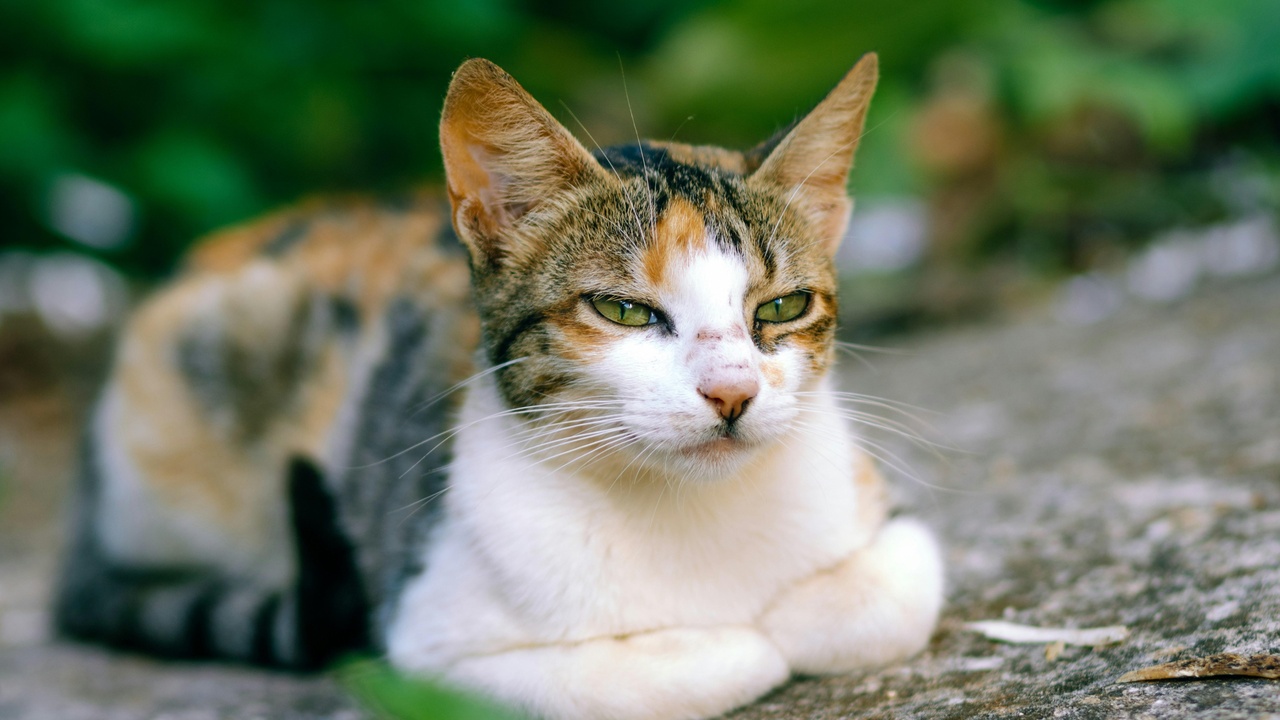
No cat is truly hypoallergenic, but some breeds shed less or produce fewer allergens, which can mean less hair around the house and fewer allergy flare-ups for many people.
Seniors with allergies should spend time with a breed before adopting, consult their physician, and use home measures like HEPA air purifiers, weekly grooming, and a vacuum with a HEPA filter to reduce dander.
Practical cleaning steps and a grooming routine often matter as much as breed when it comes to allergen control.
8. Cornish Rex — Short coat, low shedding, playful
Cornish Rex cats have a short, wavy coat that sheds less than many breeds, and their playful curiosity is well suited to short interactive sessions.
Average weight: 6–10 lbs. Lifespan: 11–15 years. Grooming: low shedding but the fine coat can become oily; occasional bathing may be needed.
Because they have less undercoat, some people with mild allergies tolerate them better, but testing with a few visits or a foster stay is wise.
Winter tip: provide a soft heated pad or sweater if the home runs cool, and schedule short interactive play rather than long, energetic sessions.
9. Devon Rex — Low-shedding, affectionate, small size
Devon Rex cats are small, low-shedding, and big on personality — good for seniors who want an affectionate, easy-to-hold companion.
Average weight: 6–9 lbs. Lifespan: 9–15 years. Grooming: low shedding; occasional ear cleaning and dental care may be needed.
Their small size makes gentle lifting for vet visits easier, and they often enjoy laps and light play without heavy activity demands.
Use a small, lightweight cat carrier for trips and discuss any hereditary conditions with the rescue or breeder before adopting.
10. Balinese — Long-coated but lower dander production
Balinese are long-haired Siamese-types reported by some owners to produce less of the Fel d 1 protein, so certain allergy sufferers tolerate them better.
Average weight: 6–12 lbs. Lifespan: 12–16 years. Grooming: weekly brushing prevents tangles and keeps dander low.
They’re social and vocal but usually less intense than a true Siamese, offering an engaged companion that likes routine and interaction.
Recommendation: arrange trial visits or a foster period, and use a HEPA air purifier and weekly brushing to assess allergy response before committing.
Summary
- Match a cat’s temperament, size, and grooming needs to the senior’s mobility and daily energy — use ramps, low-sided litter boxes, and raised feeders to reduce strain.
- Choose between low-maintenance, affectionate lap companions, or low-shedding options based on priorities like companionship, household allergens, and time for grooming.
- Test for allergies with short visits or fostering, and add practical tools (HEPA air purifier, soft grooming mitts, automatic/timed feeders) to simplify care.
- Plan for routine vet and dental care and ask adopters or breeders about common breed health screens (AAFP, Cornell recommendations) and expected lifespan/weight ranges.
- Visit local shelters to meet cats with the traits listed, and consult your veterinarian about the best match for your home and routine.
